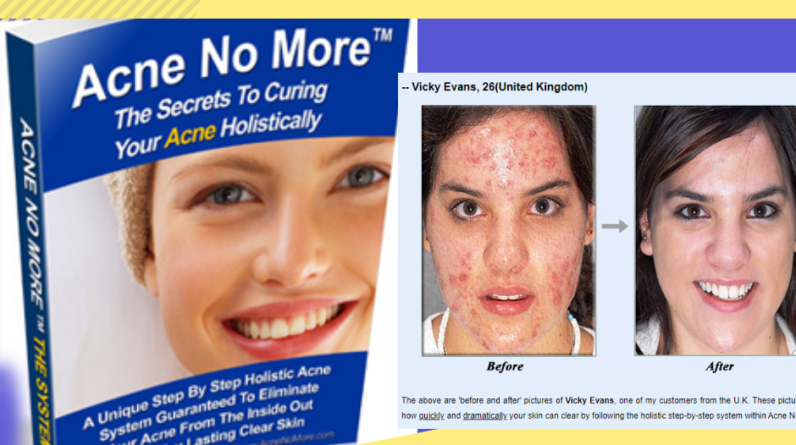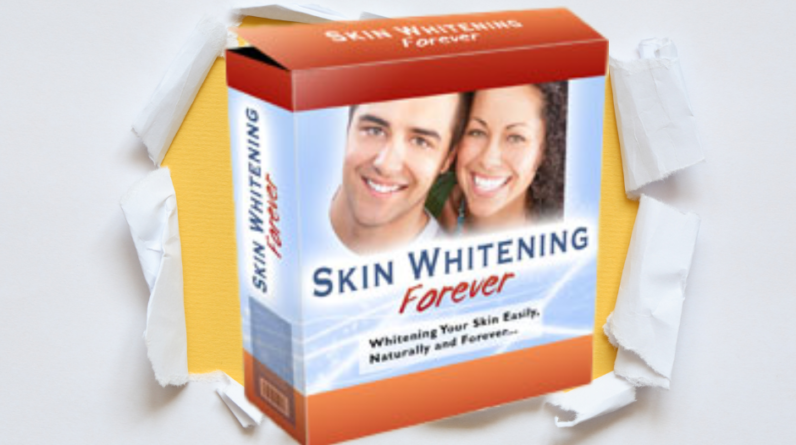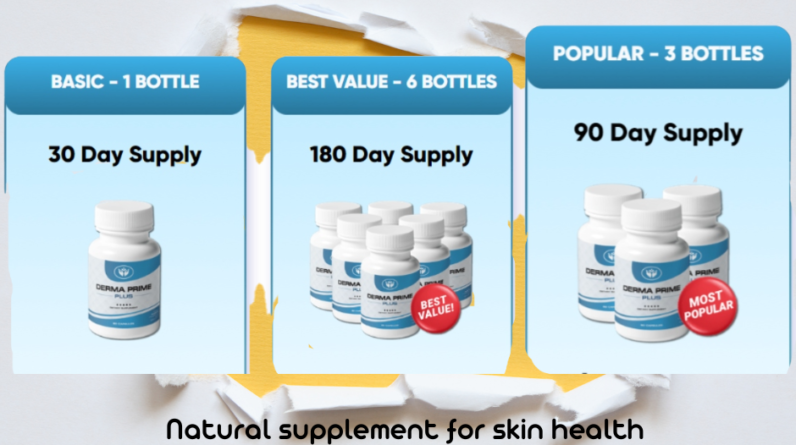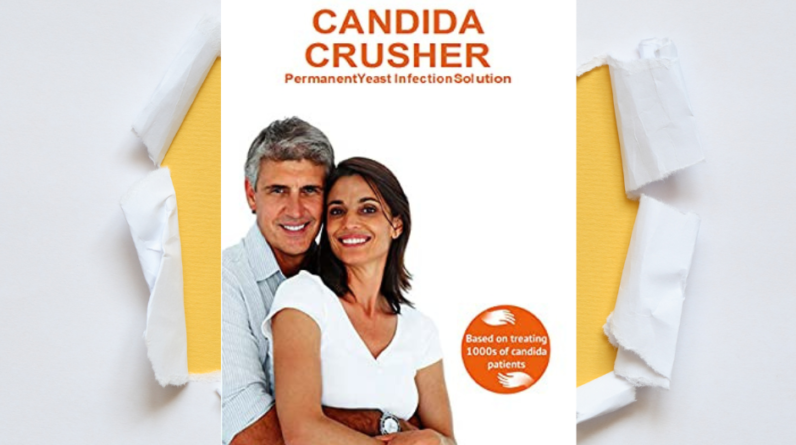
Acne is a common skin condition that affects millions of people worldwide. It occurs when hair follicles become clogged with oil and dead skin cells. Acne can be frustrating and embarrassing, especially when it occurs on the face, neck, chest, and back. Although acne is not life-threatening, it can cause emotional distress and affect self-esteem. Fortunately, there are several treatments and remedies available that can help clear up acne and prevent new breakouts from occurring.
In this article, we will discuss various acne treatments and remedies, including diet, lifestyle changes, and prevention tips. We will also explore the relationship between diet, lifestyle habits, and acne prevention.
Acne Treatments and Remedies:
1. Topical Treatments
Topical treatments are the most common acne treatments available. They are applied directly to the skin and can help reduce inflammation, unclog pores, and kill bacteria. Some of the most popular topical treatments for acne include benzoyl peroxide, salicylic acid, and retinoids.
Benzoyl peroxide: Benzoyl peroxide is an antibacterial agent that can help kill the bacteria that causes acne. It also helps to unclog pores and reduce inflammation. Benzoyl peroxide is available in a range of strengths and forms, including gels, creams, and washes. It can be used once or twice a day, depending on the severity of acne.
Salicylic acid
Salicylic acid is a type of beta-hydroxy acid that can help unclog pores and exfoliate the skin. It works by dissolving the dead skin cells that clog pores and cause acne. Salicylic acid is available in various strengths and forms, including cleansers, toners, and spot treatments.
Retinoids
Retinoids are a type of vitamin A derivative that can help unclog pores and reduce inflammation. They work by increasing cell turnover, which helps to prevent clogged pores. Retinoids are available in prescription and over-the-counter forms, including creams, gels, and lotions.
2. Oral Medications
In some cases, topical treatments may not be enough to clear up acne. Oral medications may be necessary to help control acne. Some of the most common oral medications for acne include antibiotics, hormonal treatments, and isotretinoin.
Antibiotics
Antibiotics are prescribed for moderate to severe acne. They work by killing the bacteria that cause acne and reducing inflammation. Antibiotics can be taken orally or applied topically.
Hormonal treatments
Hormonal treatments are prescribed for women with acne that is related to hormonal imbalances. Hormonal treatments work by regulating the hormones that contribute to acne. Common hormonal treatments for acne include birth control pills and spironolactone.
Isotretinoin
Isotretinoin is a powerful oral medication that is used to treat severe acne that does not respond to other treatments. Isotretinoin works by reducing the size of the oil glands in the skin and preventing the production of excess oil. Isotretinoin can cause serious side effects, including birth defects, so it is only prescribed in severe cases and under close medical supervision.
3. Home Remedies
In addition to topical treatments and oral medications, there are several home remedies that can help clear up acne. Some of the most popular home remedies for acne include tea tree oil, honey, and aloe vera.
Tea tree oil: Tea tree oil is a natural antibacterial agent that can help kill the bacteria that cause acne. It also helps to reduce inflammation and redness. Tea tree oil can be applied topically or added to a cleanser or toner.
Honey
Honey is a natural antibacterial agent that can help kill the bacteria that cause acne. It also has anti-inflammatory properties that can help reduce redness and swelling. Honey can be applied directly to the skin or used as a face mask.
Aloe vera
Aloe vera is a natural anti-inflammatory agent that can help reduce inflammation and redness. It also has antibacterial properties that can help kill the bacteria that cause acne. Aloe vera can be applied directly to the skin or used as a face mask.
4. Diet
Diet plays a significant role in the prevention and treatment of acne. Foods that are high in sugar and refined carbohydrates can increase insulin levels, which can lead to inflammation and acne. On the other hand, foods that are high in fiber, vitamins, and antioxidants can help prevent acne.
Foods to avoid: Some of the foods that can increase the risk of acne include:
- Sugar
- Refined carbohydrates
- Dairy products
- Processed foods
- Fried foods
Foods to include: Some of the foods that can help prevent acne include:
- Fruits and vegetables
- Whole grains
- Lean proteins
- Omega-3 fatty acids
- Probiotics
5. Lifestyle Changes
In addition to topical treatments, oral medications, home remedies, and diet, there are several lifestyle changes that can help prevent and treat acne. These include:
Keep skin clean
Washing the face twice a day with a gentle cleanser can help remove excess oil and dirt that can clog pores and cause acne.
Don’t pick or squeeze
Picking or squeezing acne can lead to scarring and further inflammation. It is best to leave acne alone and let it heal naturally.
Manage stress
Stress can trigger acne by increasing hormone levels that lead to increased oil production. Managing stress through meditation, exercise, or other relaxation techniques can help prevent acne.
Get enough sleep
Lack of sleep can increase stress levels and trigger acne. Getting enough sleep can help prevent acne and promote overall skin health.
Exercise
Regular exercise can help improve circulation and promote healthy skin. It can also help reduce stress levels, which can help prevent acne.
Conclusion
Acne is a common skin condition that can be frustrating and embarrassing. Fortunately, there are several treatments and remedies available that can help clear up acne and prevent new breakouts from occurring. Topical treatments, oral medications, home remedies, diet, and lifestyle changes can all play a role in the prevention and treatment of acne. By adopting healthy lifestyle habits that include a balanced diet, regular exercise, and stress management, individuals can help prevent acne and promote overall skin health.






